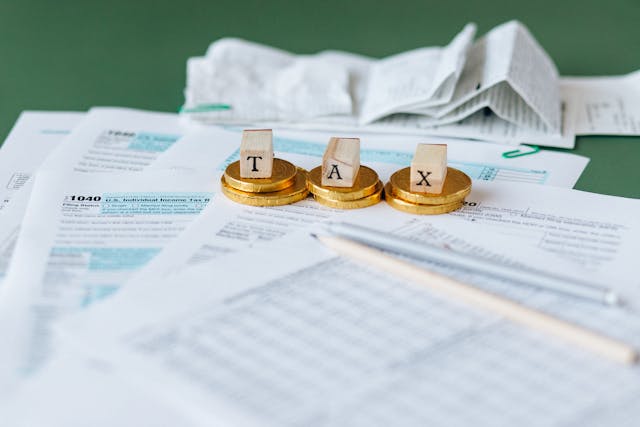The monsoon session of the 18th Lok Sabha, commencing on June 24 and concluding on July 3, marks the inaugural gathering of newly elected members to the lower house of Parliament. A significant highlight of this session was the election of Om Birla as the Speaker, representing the National Democratic Alliance (NDA).
The Speaker of the Lok Sabha is chosen from among its members by a majority vote, conducted soon after the newly elected house meets for the first time. MPs cast their votes in a secret ballot, and the candidate who secures the majority is elected Speaker. Any member of the Lok Sabha can be nominated for this position, with seniority, experience, and impartiality being key considerations.
The Speaker of the Lok Sabha represents the authority of the entire House, ensuring that proceedings run smoothly and with decorum. While the Speaker can participate in discussions, they do not vote unless there is a tie, maintaining their impartiality. The Speaker’s primary responsibility is to be fair to all members of Parliament, regardless of political affiliation.
Om Birla, who served as Speaker in the previous term, brings a wealth of experience to the role. His re-election underscores his reputation for fairness and his ability to maintain parliamentary traditions and democratic values. Birla previously held the position during the 16th Lok Sabha (2014) and the 17th Lok Sabha (2019), where the BJP secured sufficient seats to form a government independently. During these terms, Sumitra Mahajan and Om Birla, both BJP MPs, were elected as Speakers without facing opposition.
Prime Minister Narendra Modi and Congress leader Rahul Gandhi congratulated Om Birla following his victory, escorting him to the Speaker’s chair. PM Modi expressed confidence that Birla’s experience would guide the country further during this pivotal period.




+ There are no comments
Add yours